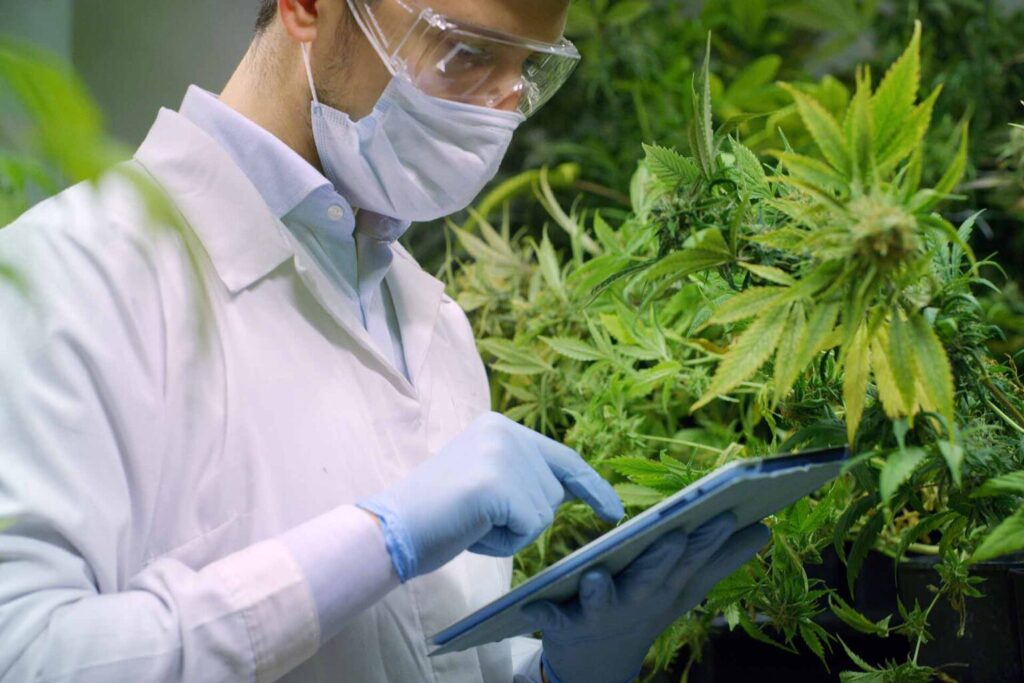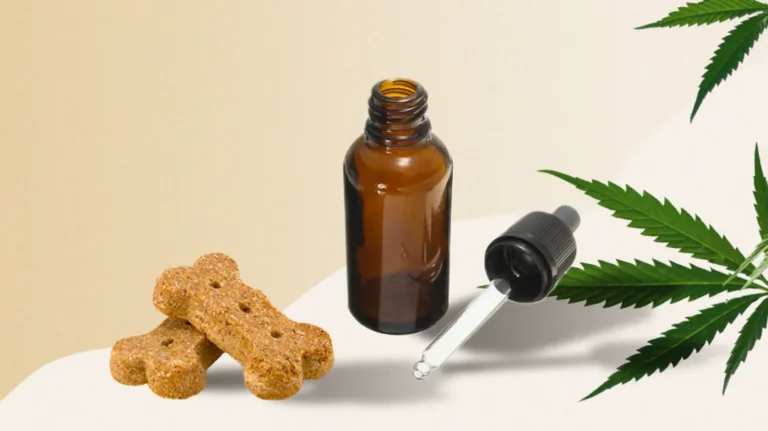Is CBD Still Relevant?
The legalization of hemp-derived products at the federal level has now been in place for several years. Since that shift, the market has rapidly expanded with an impressive range of new offerings. CBD remains the most widely recognized cannabinoid, but other compounds like CBG and THCA have begun to attract increasing attention. As these lesser-known cannabinoids continue to gain popularity, many are beginning to wonder if CBD still holds the same significance as it once did.
Scientific exploration into CBD has not slowed down. Researchers have continued to build on the understanding of how CBD interacts with the human body, leading to new insights that strengthen its value in wellness routines. These findings suggest that CBD’s importance remains strong and is supported by ongoing scientific discovery.
New Insights into CBD’s Role in Brain Function
A review featured in the 2025 edition of Biochemical Pharmacology took a closer look at how CBD interacts with the 5-HT1A receptor, a key component of the nervous system. This review examined the specific ways CBD binds to this receptor and explored the possible effects of that interaction on the body.
The 5-HT1A receptor plays a significant role in nervous system activity. According to research published in 2013, this receptor is classified as an inhibitory G-protein coupled receptor and is found in two major groups within the nervous system: autoreceptors and heteroreceptors. These receptors work by linking with Gi/Go proteins that affect various cellular functions.
The 2025 review found that CBD can lead to the desensitization of the 5-HT1A receptor, offering support for the idea that CBD may provide neuroprotective and antidepressant benefits. The researchers also emphasized that the effects of CBD are influenced by the dosage used, showing how important it is for consumers to pay attention to serving sizes when using CBD for health and wellness.
Updated Insights Into CBD Absorption
In January 2025, new research was released showing how the body’s absorption of CBD can be influenced by diet. The study involved twelve participants ranging from 18 to 60 years old. Each participant was given capsules containing 70mg of CBD, which they took thirty minutes after eating a meal high in fat.
Researchers reported that the results clearly indicated a significant increase in the body’s ability to absorb CBD when it is taken with food, especially high-fat meals. They pointed out the need for both healthcare providers and CBD users to recognize that taking CBD alongside food can lead to more reliable and effective results.
While the study involved only a small group of participants, these findings add to the growing knowledge of how CBD interacts with the body. They also highlight the value of paying attention to the timing and method of taking hemp-derived cannabinoid products for the best possible experience.

New Discoveries About How Heat Affects CBD
It has long been known that THCA converts into Delta THC when exposed to heat through a process called decarboxylation. However, research published in February 2025 reveals new information about how CBD reacts to high temperatures during extraction. These findings add to the growing body of knowledge on how CBD responds to heat, providing important insights for both scientific research and product formulation.
According to the study, the transformation of CBD is heavily affected by the moisture content of the hemp being processed. This detail is important not only for researchers studying the chemical behavior of hemp but also for manufacturers developing products that include CBD as a key ingredient in food and wellness formulations.
CBD’s Lasting Importance
CBD continues to maintain a strong position in the cannabinoid market. New research keeps pushing the boundaries of what we know about this versatile compound, creating new opportunities for its use in health, science, and consumer products. Even as other cannabinoids gain popularity, CBD remains one of the most studied and utilized compounds available.
Studies like the one discussed here are critical in driving forward our understanding of hemp and its benefits. As more research emerges, new doors open for developing products and applications that were once thought to be out of reach.






